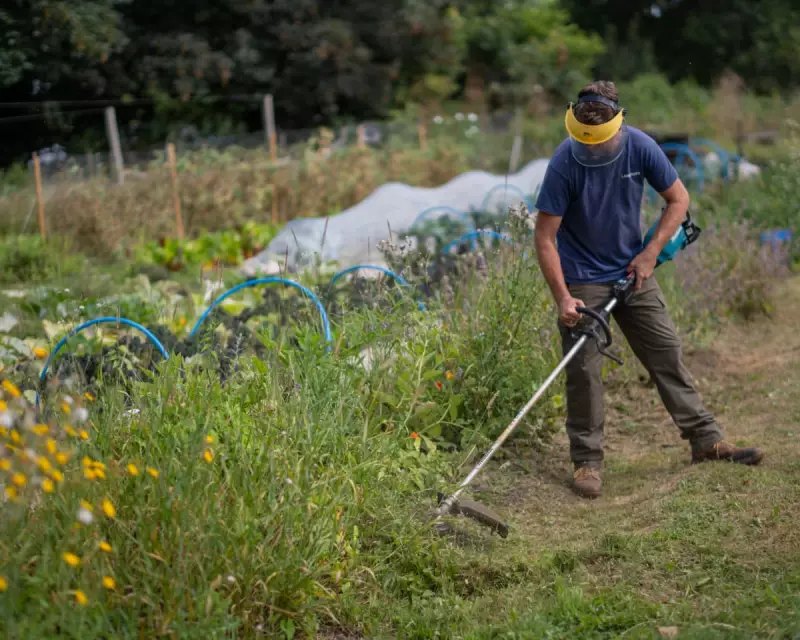
For many ex-prisoners, reintegrating into society can be a daunting challenge. However, a growing movement across the UK is proving that working with the land can offer a powerful antidote to despair, helping former inmates rebuild their lives while improving their mental health.
The Healing Power of the Land
Programmes that connect ex-offenders with farming and horticulture are gaining traction as an effective form of rehabilitation. Participants report reduced anxiety, improved mood, and a renewed sense of purpose—all without the need for medication.
A Natural Antidepressant
Studies have shown that spending time outdoors and engaging in physical labour can significantly lower stress hormones and increase serotonin levels. For those struggling with depression or PTSD after incarceration, these activities provide a natural form of therapy.
Success Stories
One former prisoner, who wished to remain anonymous, shared how tending to crops gave him structure and responsibility. "It’s hard to feel hopeless when you’re watching something grow because of your care," he said.
Why It Works
- Routine: Farming provides a structured daily schedule, which many ex-offenders lack after release.
- Community: Working alongside others fosters camaraderie and reduces isolation.
- Achievement: Harvesting crops or raising livestock offers tangible results, boosting self-esteem.
With recidivism rates still a major concern, initiatives like these could be a game-changer in criminal justice reform.





